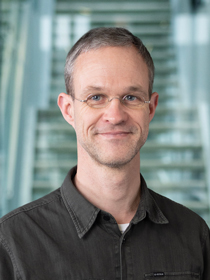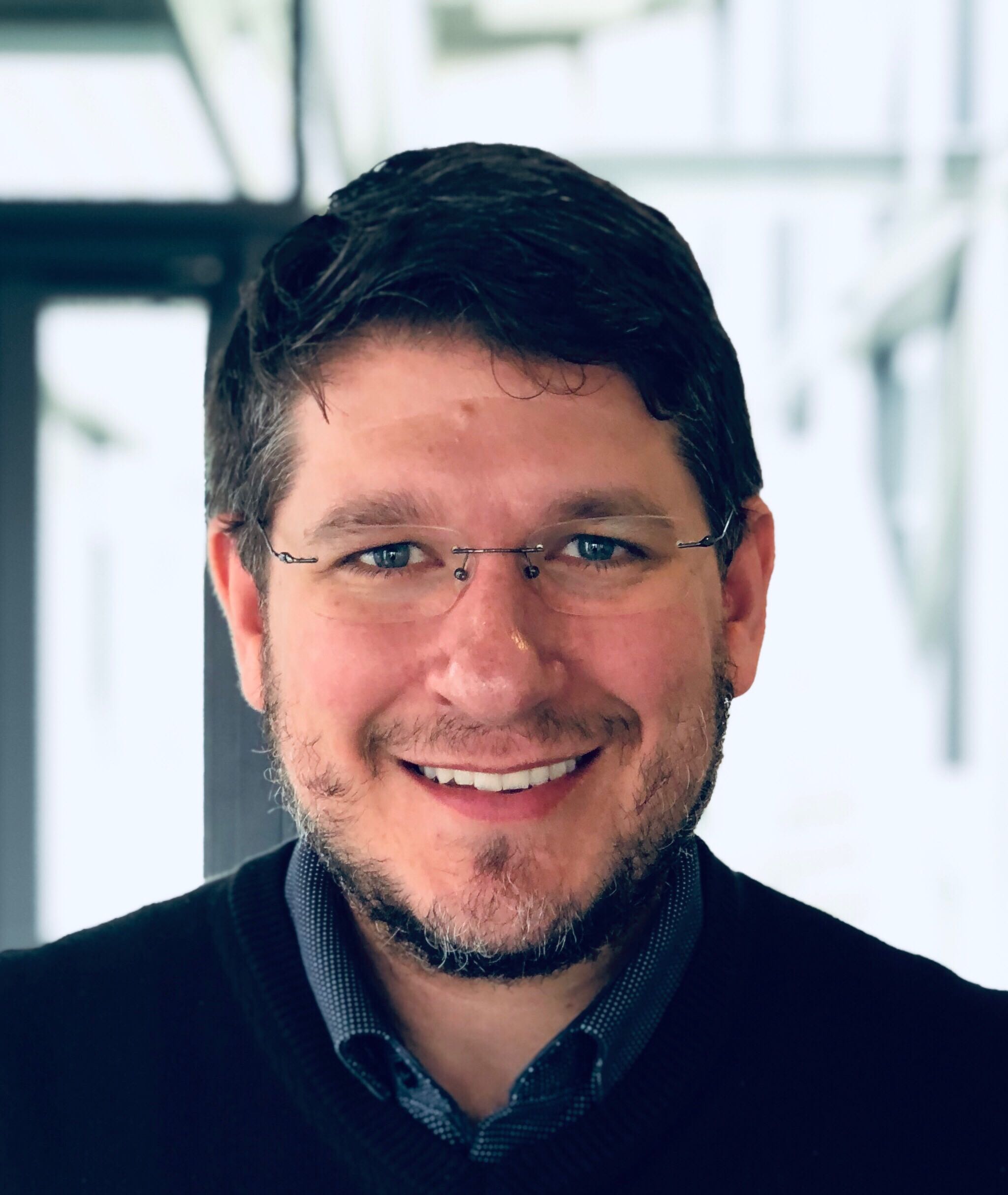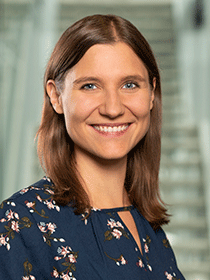University for Continuing Education Krems
Seminar Room: SE 1.5
Virtual Participation on 06.07.2023 possible
PARTICIPATION
Please contact Alexander Pfeiffer (alexander.pfeiffer@donau-uni.ac.at) if you would like to participate on site in Krems (limited number of seats).
Virtual participation is possible at the Conference Day on 6 July 2023. No registration necessary.
Login to Zoom (06.07.2023):
https://donau-uni.zoom.us/j/65603984151?pwd=am1LdkdQVjVoNDFUTlJmVCt5SCt3dz09
Meeting-ID: 656 0398 4151
Passcode: play2023
Summer School "Variations on How to Play"
The Summer School addresses the question of what it means to relate to the world in terms of ‘playing’ from a transdisciplinary perspective. The problem of how to behave, how to make decisions, how to plan, organize and realize one’s aims is not limited to the realm of games, but relevant to many other fields. In this sense, ‘how to play’ implies strategic thinking as well as imagining possible solutions to a problem; it implies habits and patterns that determine how interactions evolve in a given field; it implies empathizing and cooperating with others as well as competing against them; it implies rules to be respected as well as disrespecting or breaking rules and introducing new ones. It means looking for scope, margin or leeway in order to realize plans and make things work.
In this sense, ‘How to play’ involves relating to possible worlds, not only in games, but also in science, technology, humanities, and economics, as well as in the field of work and organizations. It involves relating to possible worlds in the arts: in visual arts and design, but also in music, literature and curating. We want to look at how people interact with collections and how games can be used as a tool to understand the process of collecting and curating cultural artefacts. By relating to the world, do we look for chance or for determination, for freedom and creativity or for binding rules? Competition or cooperation, sticking to rules for being creative or being creative without rules, strategy and premeditation or tactics and improvisation: all these are attitudes by which we relate to the world and to others. They enable us to make sense out of our actions and interactions. Competitive, collaborative, planning or improvising or other playing attitudes are realized in the practices of the various fields, in arts, sciences, economics, culture, politics and so on. Within the fields, these attitudes can also become objects of contention and reflection.
The Summer School is organized by the Center for Applied Game Studies and the Archives of Contemporary Arts - Collection of Literary Estates in cooperation with the institute for cultural excellence research.
Programme
4 July 2023
09:45 - 13:15 | Part 1: Interactive Narratives
Nikodemus Wagner
Space at Risk (VR Simulation)
Currently, there are about 7.500 active satellites in orbit. Global communication systems and the supply chain as the backbone of our worldwide economy would not function without them. In addition, crucial information on the ecosystem, provided by satellite data, is indispensable in times of climate change as well as for the reaction to humanitarian crises caused by natural disasters. Since the amount of satellites in orbit has doubled in the last years, traffic is becoming a huge issue, but to date there are no initiatives to regulate the circulation of objects in space. The VR simulation “Space at risk” is based on big data concerning the movement of thousands of geostationary satellites and other objects in orbit. It enables the player to experience the satellites’ trajectories and the possible risks related to the overcrowded space. Its purpose is to raise public awareness concerning this issue and to inspire debates and political action aiming at regulating this kind of traffic on the international level.
Ines Häufler & Juliana Neuhuber
Geh-schichten. Playful learning experiences for children
“Gehschichten” is a word creation that combines the German terms “gehen” (to go, walk) and “Geschichte” (story, history). It is the title of an interactive outdoor experience in which children have the possibility to explore a public garden in Vienna and get immersed in an adventurous story by using their mobile phone. The idea behind this learning experience is precisely to combine communication technologies, that are still treated with reserve and skepticism by traditional pedagogy, with the outdoor activity of walking around and exploring natural and urban environments. Furthermore, the designers decided to use a web-based form of programming instead of a mobile app, in order to guarantee easy, inclusive access to the contents. In this sense, the experience challenges ways of thinking and doing in the realm of didactics as well as in the realm of software design.
Sandra Fasolt-Baker
Fred Baker: Works of a pioneer in Cinematic Reality
Sandra Fasolt-Baker will present life and works of the filmmaker, artist, and author Fred Baker, a pioneering figure in Cinematic Virtual Reality. The presentation will share insights into his seminal projects, including “Klimt’s Magic Garden” and “Arthur Schnitzler Storyspheres”, shedding light on his remarkable contributions to the intersection of art, history, and technology. Fred Baker’s legacy as an Austrian-British artist, lauded for his internationally acclaimed documentaries, will also be explored.
14:15 - 17:45 | Part 2: Language Games
Sören Fiedler
Passionate Utterances. Creativity in language games
When we use language, we want to reach goals or cause effects by communicating with others. This is called the ‘performative’ dimension of language. While the usual performative utterances like bequeathing or promising follow conditions which determine if they are felicitous or not, such conditions don’t exist for ‘passionate utterances’. Rather, one has to make room for imagination and virtuosity to make a felicitous act such as angering, encouraging, persuading, etc. someone. Thus, being creative/imaginative in our language-usage has a great variety of forms and applications, and is at the same time not something which requires exceptional skill or talent, but is something that we do every day. This contribution implements the creativity of language use into the summer school as a kind of improvisation exercise. In a dialogical setting, the participants will be given exemplary situations or ‘tasks’ of how they would evoke (via speaking) specific effects in each other, such as anger, encouragement, disappointment, embarrassment, intimidation, etc. Thus, various ways of ‘playing with language’ can be enacted, but it can also show which ways will fail to do so.
Manuel Thalhammer
Playing with language and body in improvisational theater
In any kind of social interaction, we play roles and follow explicit or implicit scripts. There is no encounter that would not be framed by social, cultural, gender and other distinctions. Yet, there are much more subtle ways of position taking in an interaction. At a superficial glance, improvisational theater is a practice that is based on simple, stereotypical concepts of roles and situations. Taking a closer look, as a practice, it teaches us how to use language, emotional and bodily expression in highly differentiated ways. Taking up the topic of passionate utterances from Sören Fiedler’s contribution, Manuel will lead us through a series of exercises that give us the opportunity to explore language and the gestural and bodily expression of emotions as it is used in impro theater.
Jörg Piringer
Maschinendichtung in Theorie und Praxis
Jörg Piringer ist ein Pionier in der Beschäftigung mit automatisch generierter Dichtkunst. Seit über 25 Jahren arbeitet er auf diesem Gebiet, seine Erfahrungen mit dem Programm GPT-3 hat er in seiner jüngsten Publikation “günstige intelligenz” dokumentiert. Im Gespräch berichtet er über die Wurzeln seiner künstlerischen Auseinandersetzung im Rahmen des interdisziplinären “Instituts für transakustische Forschung” sowie von seinen vielschichtigen Experimenten im Bereich der “datenpoesie”.
Natascha Gangl
How to feed KI to get out Natascha Gangl style
Die Autorin Natascha Gangl arbeitet seit jeher multimedial und interdsiziplinär – meist in Kooperation mit Musik, Visual Arts und Bildender Kunst. Der Einsatz von Technik im Sinne eines Interfaces für kreative Prozesse ist ihr höchst vertraut und geläufig. Kein Wunder also, dass sie sich in den letzten Wochen intensiv mit den Möglichkeiten des Chat-GPT-Programms im Hinblick auf ihre poetische Arbeit beschäftigt hat. Im Rahmen der Summer School wird sie sich eine kleine “Poetry Battle” mit dem Programm liefern: Kann die Maschine “Natascha Gangl Style”?
5. Juli 2023
09:45 - 13:15 | Part 3: Cooperation / Competition Games
Günther Kainz / Klaus Neundlinger
Trust as a Game (Economics)
Trust is not merely a feeling nor a substitute for rational calculus. It is a social practice, something we establish, develop, damage or destroy by interacting with others. It is a game we play, but the crucial question is how to frame this game. Behavioral economics has shown that people, under certain conditions, are more willing to trust others than the classical economic approach would deem to be rational. In this contribution, the participants will be asked to experience their propensity to trust others in interactions based on uncertainty. We will then explain how trust can be furthered in specific socioeconomic contexts and which rules and governance forms have to be established in the case of the use of common pool resources.
Eva-Maria Stöckler / Helmut Neundlinger
“Confusion is part of the game”. Meta-Kompetenzen in komplexen Umgebungen
Im Rahmen einer interdisziplinären Forschungsgruppe an der UWK wird seit geraumer Zeit der Frage nachgegangen, wie ein aktives und lernbasiertes Handeln in sogenannten VUCA-Worlds möglich ist. VUCA steht für “volatility (Volatilität), uncertainty (Ungewissheit), complexity (Komplexität) und ambiguity (Ambiguität)”. Die Forschungsgruppe reflektiert und exploriert jene Kompetenzen, welche eine neue Form der Handlungsfähigkeit in immer unsicherer werdenden Umgebungen erzeugen. Mit den Begriffen “iterative learning, resilient improvisation, dynamic viability, and sustainable innovation” hat das interdisziplinäre Konsortium vier Konzepte herausgearbeitet, die für einen solchen Prozess zentral sind. Eva Stöckler wird nicht zuletzt über die praktischen Erfahrungen mit Mustern künstlerischer Improvisation innerhalb der Gruppe berichten.
Thomas Layer-Wagner (support Klaus Neundlinger)
EduXscape: AR-Game for team development
Teamwork requires two forms of collective reflexivity. One regards the division of tasks, clarity, goal orientation, adaptability, alignment and coordination. The other is related to the social dimension and regards mutual support,conflict resolution, knowledge exchange, appreciation and the ability to act in concert. Teams have to develop these forms of reflexivity in a deliberate way. EduXscape is a learning experience designed in Augmented Reality that puts teams into a playful situation, inspired by SF, in which they have to overcome challenges and resolve problems in the form of an escape room dramaturgy. In this contribution, participants will have the possibility to play the escape room and will engage in reflections, together with the designers, on the transferability of the learning experience to team situations.
14:15 - 16:15 | Part 4: Institutional RPGs
Mo Li
Censorship and Filmmaking in China: A Game Creation Workshop
Mo Li is a Ph.D. candidate at the Polytechnic University of Valencia, Spain. She was born and raised in China, currently based in Europe. She is planning to host an innovative game design workshop based on her insightful paper “From DVD to Cloud Drive.” The paper provides an in-depth examination of the evolution of independent filmmaking in mainland China.
Join us in this workshop to create a unique role-playing game that simulates the challenges faced by filmmakers in China. Put yourself in the shoes of filmmakers and discover censorship rules, government regulations and cultural sensitivities through interactive gameplay. All levels of gaming experience are warmly welcomed in this workshop! Whether you're a first-time gamer or an experienced player, your participation is highly valued.
6. July 2023
09:45 - 16:00 | Part 5: Conference / Hybrid on site and Zoom
09:45 - 10:00 | OPENING
10:00 - 10:30 | Sören Fiedler | Beyond convention. Playing with speech acts
10:35 - 11:35 | Heike Gfrereis | Umrahmen: Überlegungen zu interaktiven Literaturausstellungen
11:40 - 12:10 | Youn Joo Oh | Gamifying Statistics
13:30 - 14:00 | Mo Li | Underground Filmmaking in China
14:05 - 14:35 | Sonja Gabriel | "Valuable” Games in Edu (online)
14:40 - 15:45 | Alexander Pfeiffer | AI in Media, Arts & Design
15:45 - 16:00 | Closing Words
Call for Contributions: Anthology "Variations on How to Play"
The book "Variations on How to Play" will be the first part of a new publication series of the Department for Arts and Cultural Studies at the Faculty of Education, Arts and Architecture. Submissions are still possible (even without a contribution to the Summer School).
Contact

.jpg)
